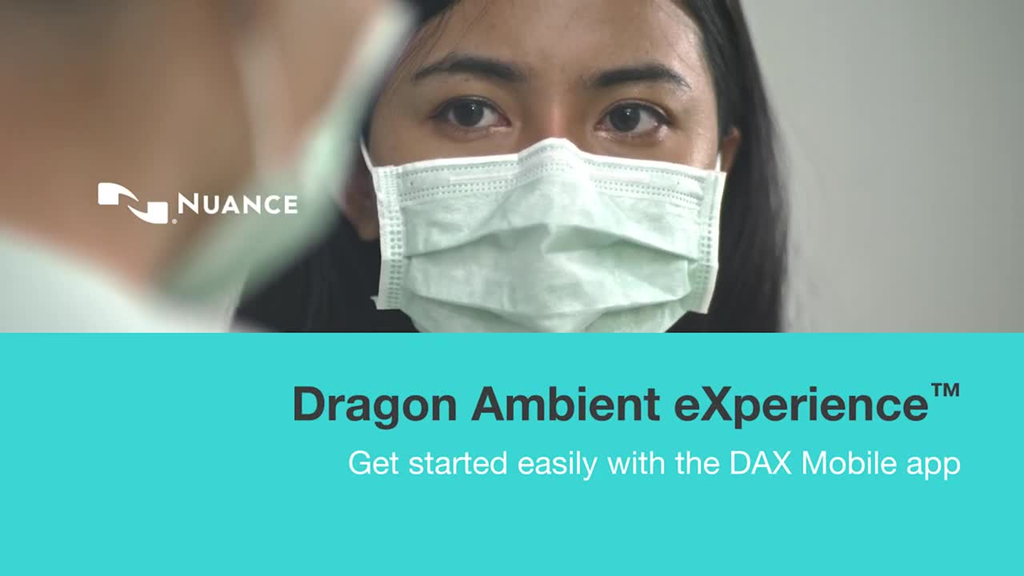The Future of Healthcare is Data-driven Sponsored Content by Microsoft/NVIDIA

As analytics tools and machine learning capabilities mature, healthcare innovators are speeding up the development of enhanced treatments supported by Azure’s GPU-accelerated AI infrastructure powered by NVIDIA.
Improving diagnosis and elevating patient care
Man’s search for cures and treatments for common ailments has driven millennia of healthcare innovation. From the use of traditional medicine in early history to the rapid medical advances of the past few centuries, healthcare providers are locked in a constant search for effective solutions to old and emerging diseases and conditions.
The pace of healthcare innovation has increased exponentially over the past few decades, with the industry absorbing radical changes as it transitions from a health care to a health cure society. From telemedicine, personalized wellbeing, and precision medicine to genomics and proteomics, all powered by AI and advanced analytics, modern medical researchers can access more supercomputing capabilities than ever before. This quantum leap in computational capability, powered by AI, enables healthcare services dissemination and consumption in ways, and at a pace, that were previously unimaginable.
Today, health and life sciences leaders leverage Microsoft Azure high-performance computing (HPC) and purpose-built AI infrastructure to accelerate insights into genomics, precision medicine, medical imaging, and clinical trials, with virtually no limits to the computing power they have at their disposal. These advanced computing capabilities are allowing healthcare providers to gain deeper insights into medical data by deploying analytics and machine learning tools on top of clinical simulation data, increasing the accuracy of mathematical formulas used for molecular dynamics and enhancing clinical trial simulation.
By utilizing the infrastructure as a service (IaaS) capabilities of Azure HPC and AI, healthcare innovators can overcome the challenges of scale, collaboration, and compliance without adding complexity. And with access to the latest GPU-enabled virtual machines, researchers can fuel innovation through high-end remote visualization, deep learning, and predictive analytics.
Data scalability powers rapid testing capabilities
Take the example of the National Health Service, where the use of Azure HPC and AI led to the development of an app that could analyze COVID-19 tests at scale, with a level of accuracy and speed that is simply unattainable for human readers. This drastically improved the efficiency and scalability of analysis as well as capacity management.
Another advance worth noting, is that with Dragon Ambient Experience (DAX), an AI-based clinical solution offered by Nuance, doctor-patient experiences are optimized through the digitization of patient conversations into highly accurate medical notes, helping ensure high-quality care. By freeing up time for doctors to engage with their patients in a more direct and personalized manner, DAX improves the patient experience, reducing patient stress and saving time for doctors.
“With support from Azure and PyTorch, our solution can fundamentally change how doctors and patients engage and how doctors deliver healthcare.”—Guido Gallopyn, Vice President of Healthcare Research at Nuance.
Another exciting partnership between Nuance and NVIDIA brings directly into clinical settings medical imaging AI models developed with MONAI, a domain-specific framework for building and deploying imaging AI. By providing healthcare professionals with much needed AI-based diagnostic tools, across modalities and at scale, medical centers can optimize patient care at fractions of the cost compared to traditional health care solutions.
“Adoption of medical imaging AI at scale has traditionally been constrained by the complexity of clinical workflows and the lack of standards, applications, and deployment platforms. Our partnership with Nuance clears those barriers, enabling the extraordinary capabilities of AI to be delivered at the point of care, faster than ever.”—David Niewolny, Director of Healthcare Business Development at NVIDIA.
GPU-accelerated virtual machines are a healthcare game changer
In the field of medical imaging, progress relies heavily on the use of the latest tools and technologies to enable rapid iterations. For example, when Microsoft scientists sought to improve on a state-of-the-art algorithm used to screen blinding retinal diseases, they leveraged the power of the latest NVIDIA GPUs running on Azure virtual machines.
Using Microsoft Azure Machine Learning for computer vision, scientists reduced misclassification by more than 90 percent from 3.9 percent to a mere 0.3 percent. Deep learning model training was completed in 10 minutes over 83,484 images, achieving better performance than a state-of-the-art AI system. These are the types of improvements that can assist doctors in making more robust and objective decisions, leading to improved patient outcomes for patients.
For radiotherapy innovator Elekta, the use of AI could help expand access to life-saving treatments for people around the world. Elekta believes AI technology can help physicians by freeing them up to focus on higher-value activities such as adapting and personalizing treatments. The company accelerates the overall treatment planning process for patients undergoing radiotherapy by automating time-consuming tasks such as advanced analysis services, contouring targets, and optimizing the dose given to patients. In addition, they rely heavily on the agility and power of on-demand infrastructure and services from Microsoft Azure to develop solutions that help empower their clinicians, facilitating the provision of the next generation of personalized cancer treatments.
Elekta uses Azure HPC powered by NVIDIA GPUs to train its machine learning models with the agility to scale storage and compute resources as its research requires. Through Azure’s scalability, Elekta can easily launch experiments in parallel and initiate its entire AI project without any investment in on-premises hardware.
“We rely heavily on Azure cloud infrastructure. With Azure, we can create virtual machines on the fly with specific GPUs, and then scale up as the project demands.”—Silvain Beriault, Lead Research Scientist at Elekta.
With Azure high-performance AI infrastructure, Elekta can dramatically increase the efficiency and effectiveness of its services, helping to reduce the disparity between the many who need radiotherapy treatment and the few who can access it.
Learn more
Leverage Azure HPC and AI infrastructure today or request an Azure HPC demo.
Read more about Azure Machine Learning:
- Multimodal 3D Brain Tumor Segmentation with Azure ML and MONAI.
- Practical Federated Learning with Azure Machine Learning.
#MakeAIYourReality
#AzureHPCAI
#NVIDIAonAzure













